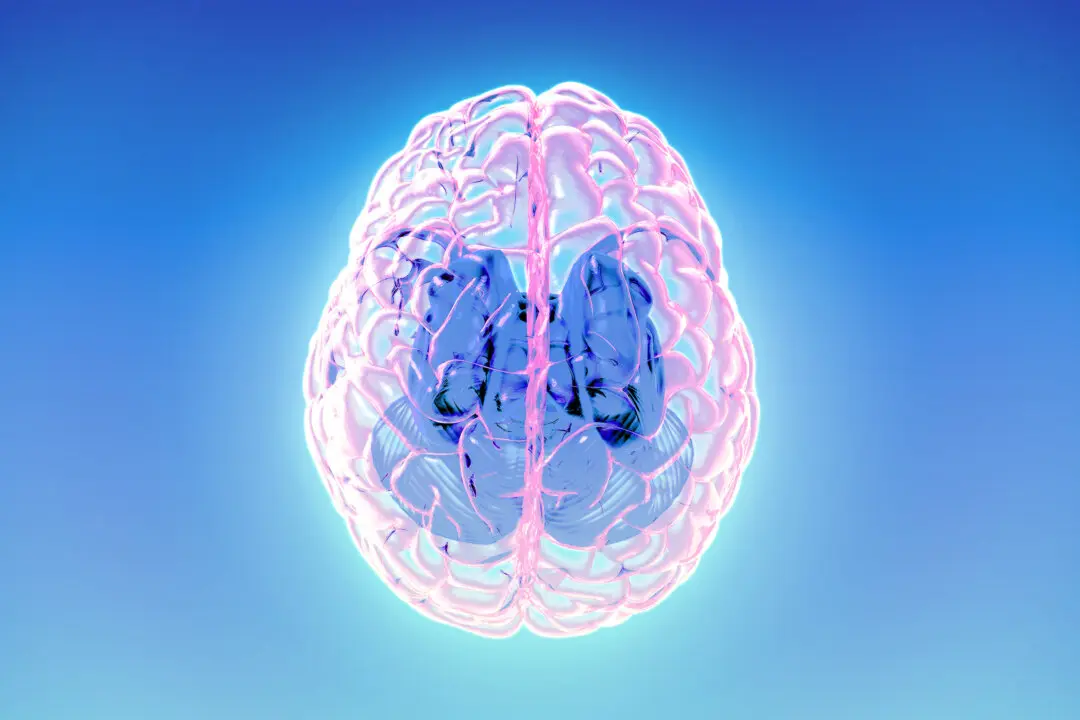Heavy social media use has been linked to a rise in psychiatric disorders characterized by delusions, including narcissism and body dysmorphic disorder, as online platforms create “feedback loops” that intensify distorted beliefs, according to a new study.
The new study, from Simon Fraser University (SFU), reveals a strong connection between high levels of social media use and the development of a number of psychiatric disorders involving delusions, such as paranoia, narcissism, body dysmorphic disorder, and anorexia.






